Cyberpunk
Cyberpunk combines futuristic tech and dystopian societies, often exploring themes of AI, surveillance, and rebellion.
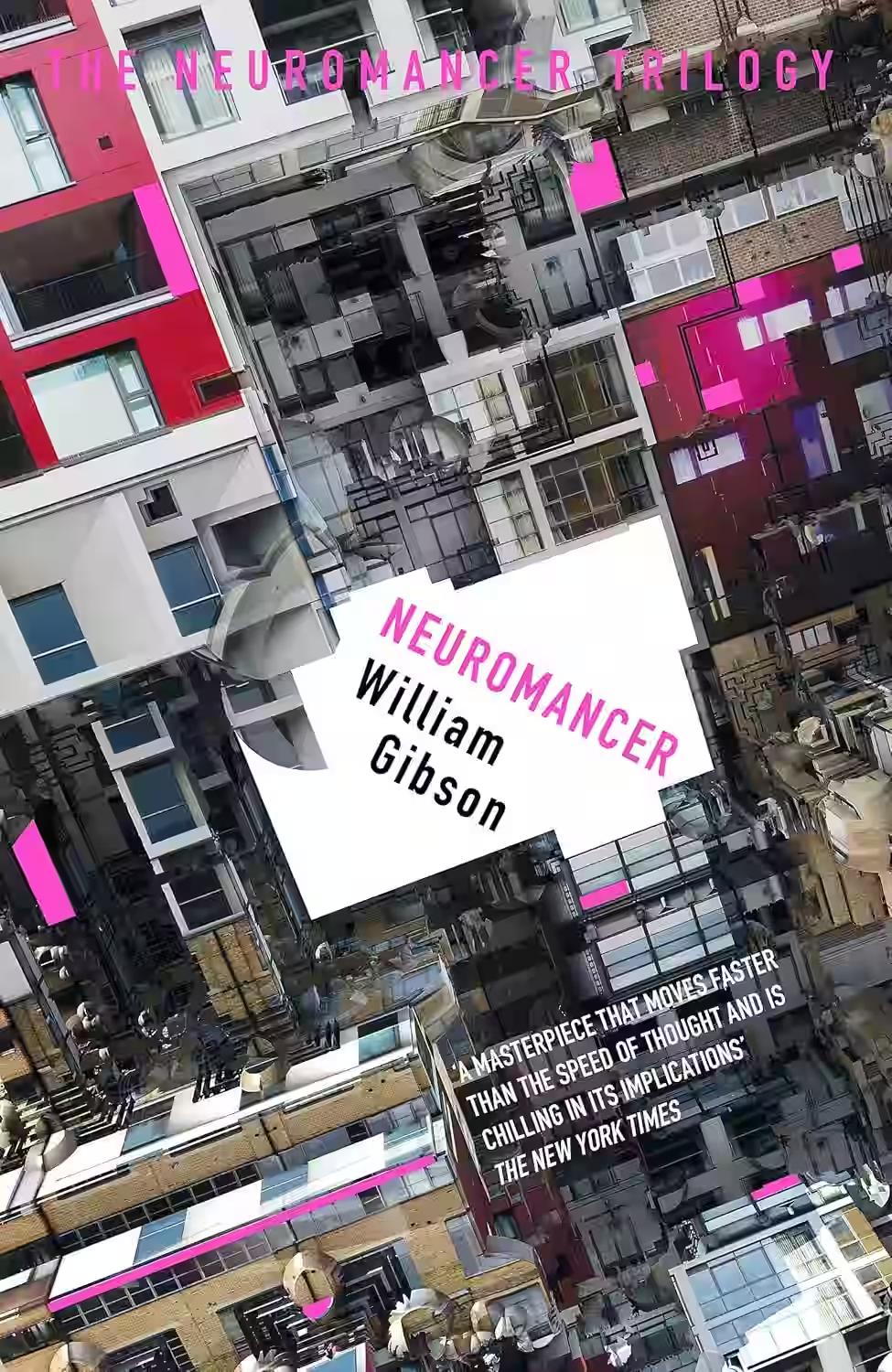
Neuromancer
Series: Sprawl Trilogy (#1)
In William Gibson's 'Neuromancer,' readers are thrust into a dystopian future where cybernetic enhancements and virtual reality reign supreme. The story follows Case, a washed-up computer hacker, who is given a chance at redemption by a mysterious employer. As Case delves deeper into the virtual world, he uncovers a complex web of deceit and power struggles that blur the lines between reality and illusion. Exploring themes of artificial intelligence, corporate greed, and the nature of humanity, 'Neuromancer' is a groundbreaking work of science fiction that set the standard for cyberpunk literature. Gibson's gritty prose and visionary ideas make this a must-read for fans of the genre.

Wildcard
by Marie Lu
Series: Warcross (#2)
In 'Wildcard,' the electrifying sequel to Marie Lu's 'Warcross,' Emika Chen finds herself in a high-stakes game that blurs the lines between reality and virtual existence. Set in a futuristic world, this novel delves deeper into the augmented reality universe, filled with corporate intrigue, moral ambiguity, and the ethical dilemmas of technological advancements. As Emika faces off against Hideo Tanaka, the creator of the immersive NeuroLink technology, she must navigate a complex web of alliances and enmities. Lu's narrative keeps tension high, exploring themes such as privacy, identity, and corporate control, providing thought-provoking insights into technology's impact on society.
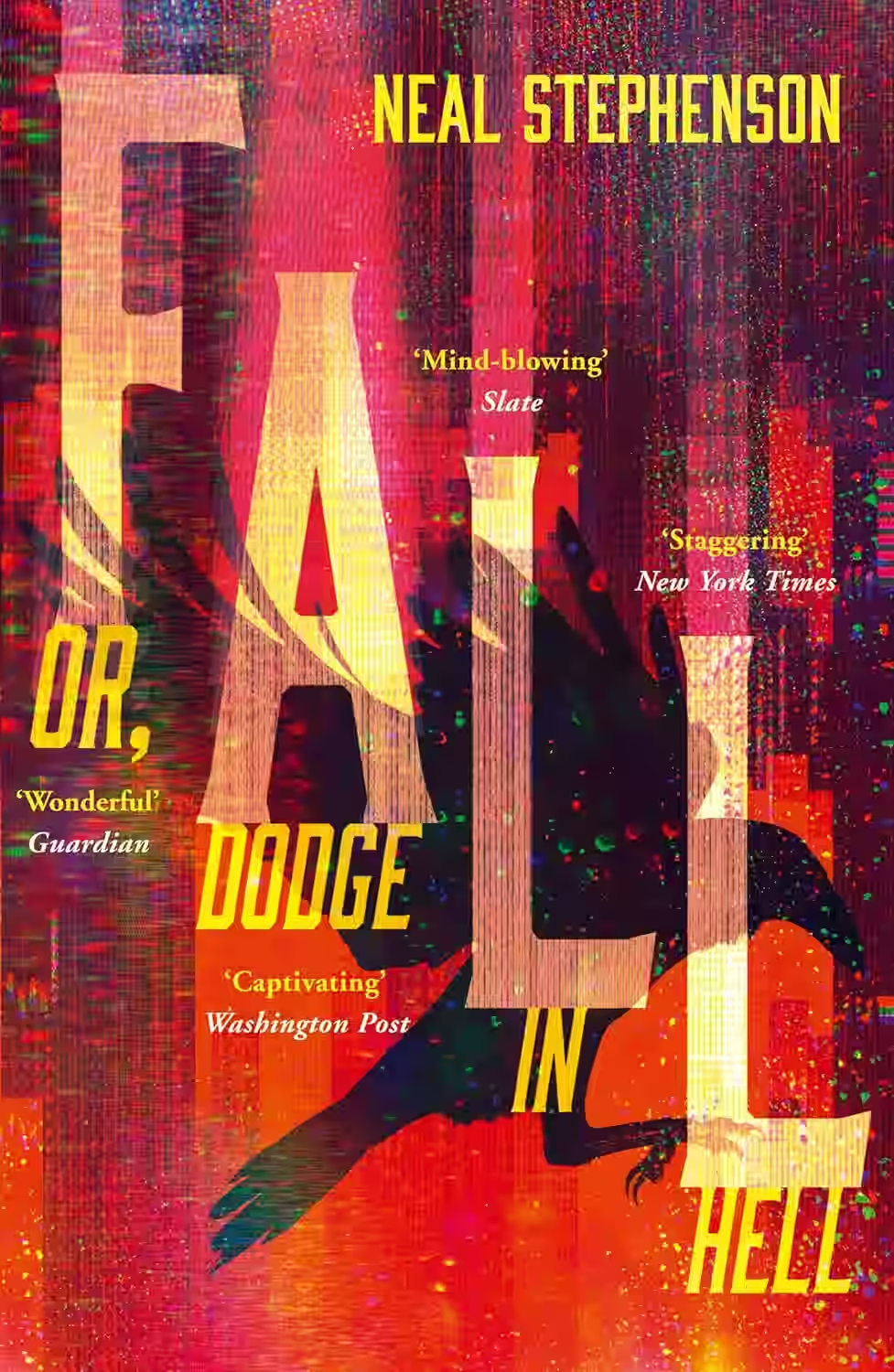
Fall Or, Dodge In Hell
‘Fall; Or, Dodge in Hell’ by Neal Stephenson is a thought-provoking exploration of digital afterlife, the evolution of technology, and the human spirit’s quest for immortality. This ambitious novel begins with the sudden death of Richard 'Dodge' Forthrast, a tech billionaire who finds himself in a digital realm created through his company’s pioneering advancements in brain mapping and resurrection technology. As Dodge navigates this constructed universe dubbed 'Bitworld,' moral, ethical, and philosophical boundaries blur between life, death, and the nature of existence. Themes of consciousness, religion, and societal evolution interweave with a richly detailed narrative that challenges perception and sparks intellectual engagement, making it a significant contribution to science fiction literature.
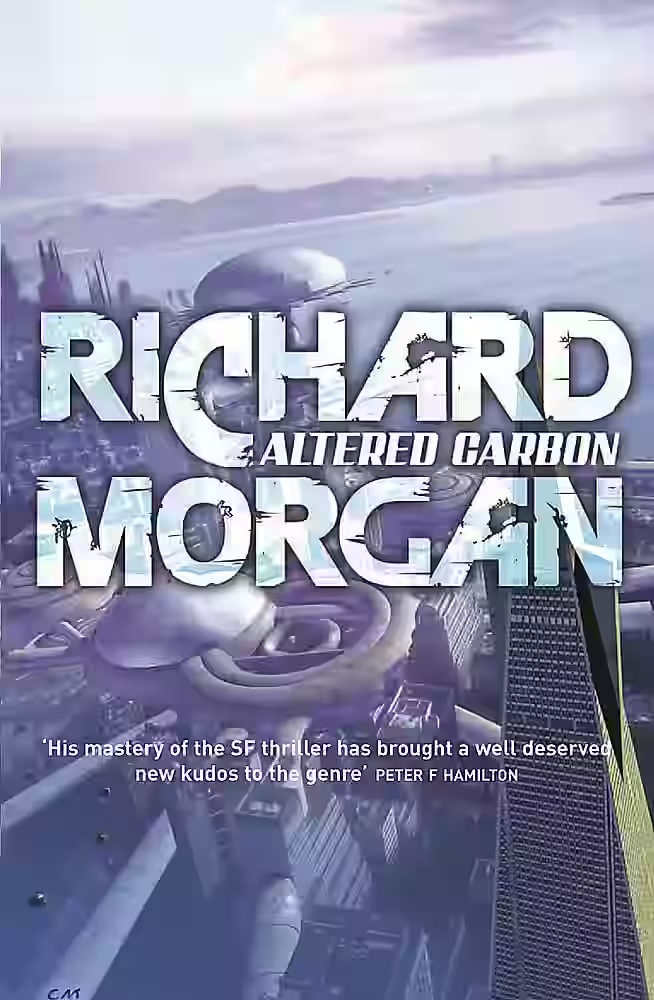
Altered Carbon
Series: Takeshi Kovacs (#1)
In Richard K. Morgan's 'Altered Carbon,' readers are plunged into a futuristic world where consciousness can be transferred to different bodies, or 'sleeves,' challenging notions of identity and mortality. The story follows Takeshi Kovacs, an ex-soldier turned private investigator, as he navigates a gritty, noir-inspired investigation into a wealthy man's murder. As Kovacs delves deeper into the case, he unravels a complex web of corruption, power struggles, and betrayal. The novel seamlessly combines elements of science fiction, cyberpunk, and hardboiled detective fiction, offering a thought-provoking exploration of themes like technology, ethics, and societal inequality.
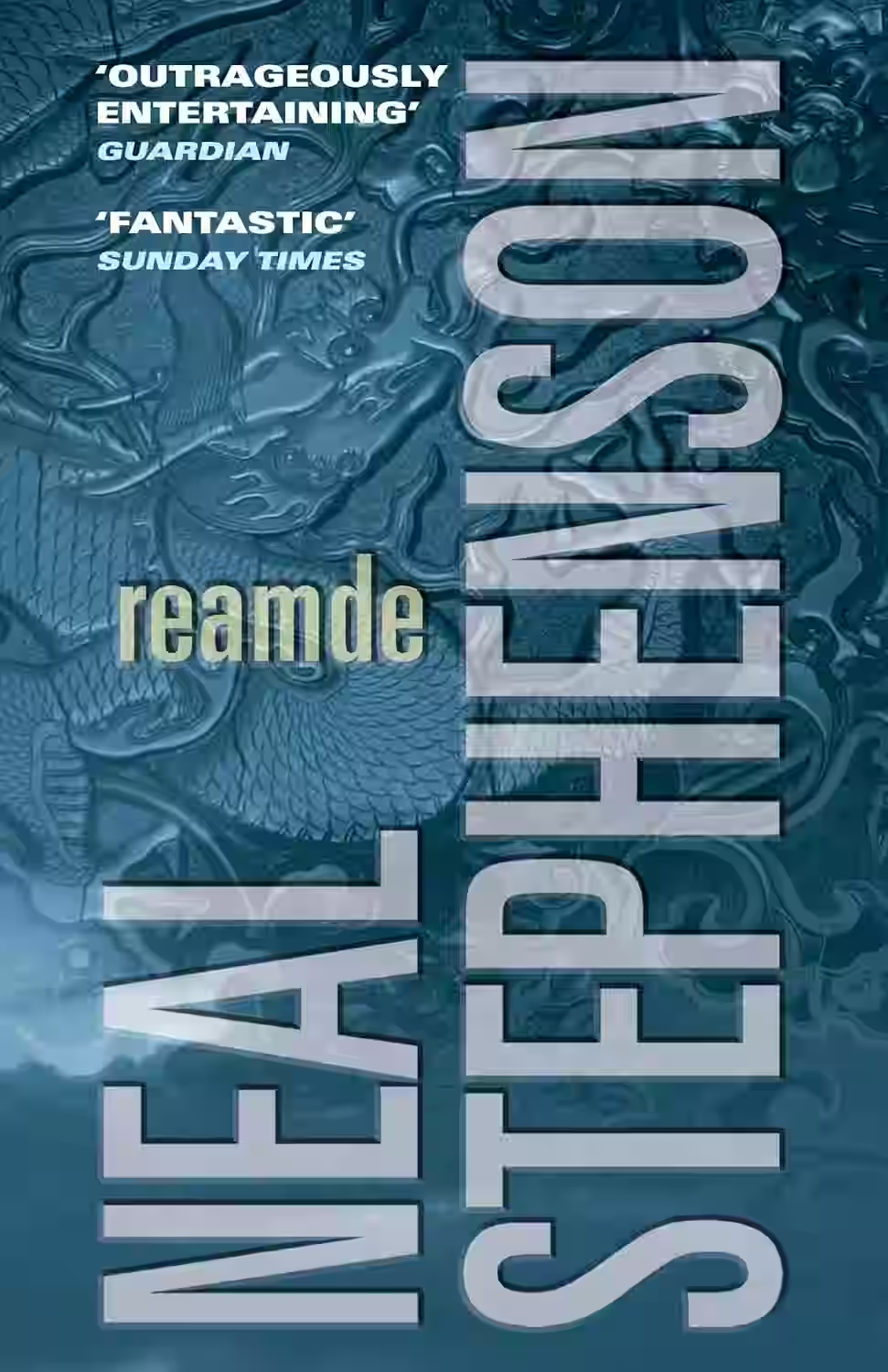
Reamde
In "Reamde" by Neal Stephenson, readers are thrust into a complex narrative that intertwines the digital and real worlds through a fast-paced thriller. Set against the backdrop of an online game called T’Rain, the story follows Richard Forthrast, a gaming mogul whose virtual landscape gets tangled in a sophisticated piece of ransomware, Reamde. This malware attracts the attention of various global factions, drawing players, spies, and criminals into a globe-trotting saga of intrigue and deception. Stephenson explores themes of cyber-security, identity, and the blurry line between entertainment and reality, all while offering sharp insights into global economics. With its intricate plotting and vast array of characters, "Reamde" is both a technological adventure and a deep dive into cultural collisions. It showcases Stephenson's ability to blend high-octane action with intellectual rigor, making it a compelling read for fans of tech-heavy thrillers.
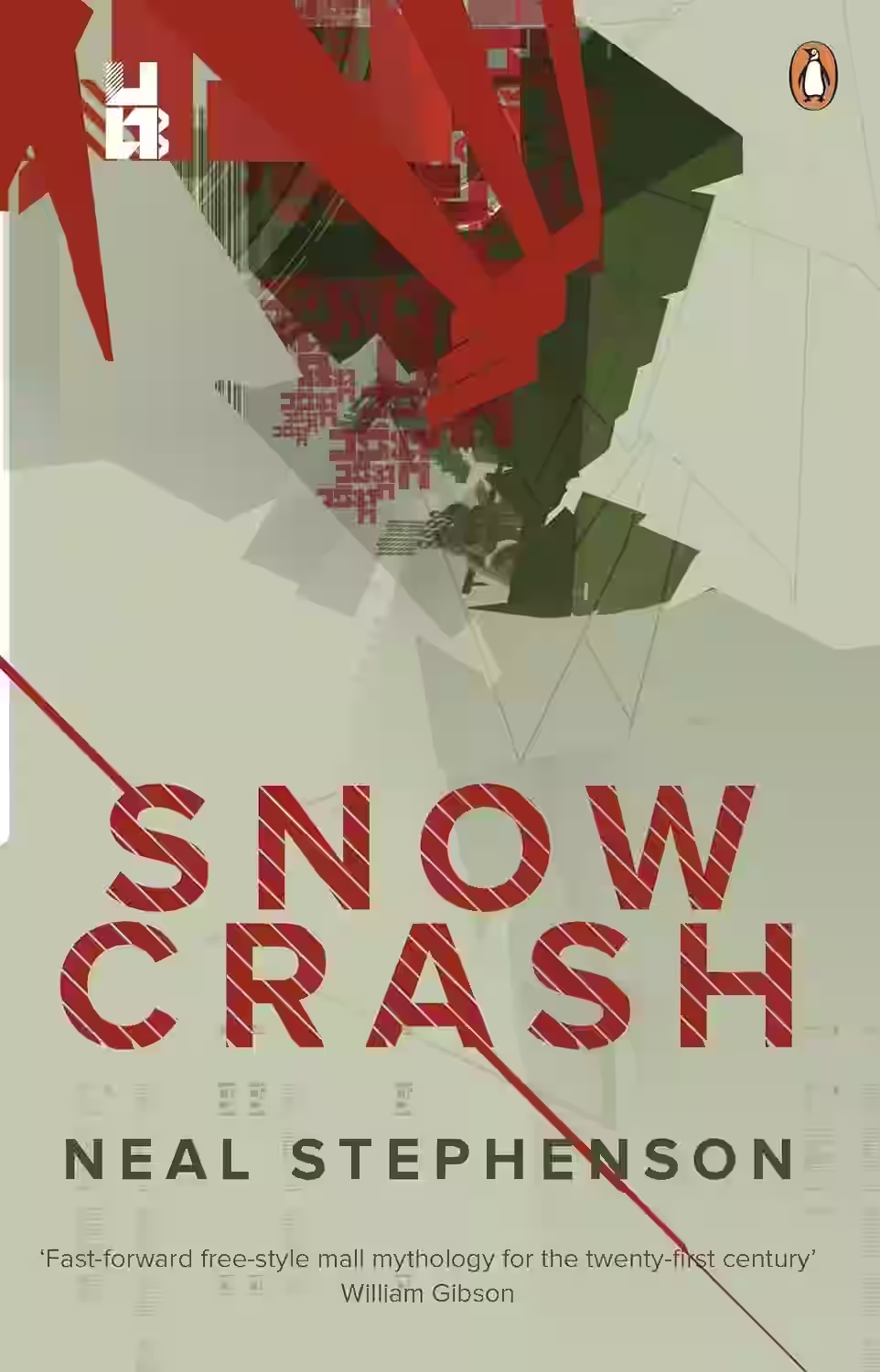
Snow Crash
After the Internet, what came next? Enter the Metaverse - cyberspace home to avatars and software daemons, where anything and just about everything goes. Newly available on the Street - the Metaverse's main drag - is Snow Crash, a cyberdrug. Trouble is Snow Crash is also a computer virus - and something more. Because once taken it infects the person behind the avatar. Snow Crash bleeds into reality. Which is really bad news for Hiro - freelance hacker and the Metaverse's best swordfighter (he wrote the code) - and Y. T. - skateboard kourier, street imp and mouthy teenage girl - because reality was shitty enough before someone started messing with it. Exploring linguistics, religion, computer science, politics, philosophy, cryptography and the future of pizza delivery, Snow Crash is a riveting, brake-neck adventure into the fast-approaching future.
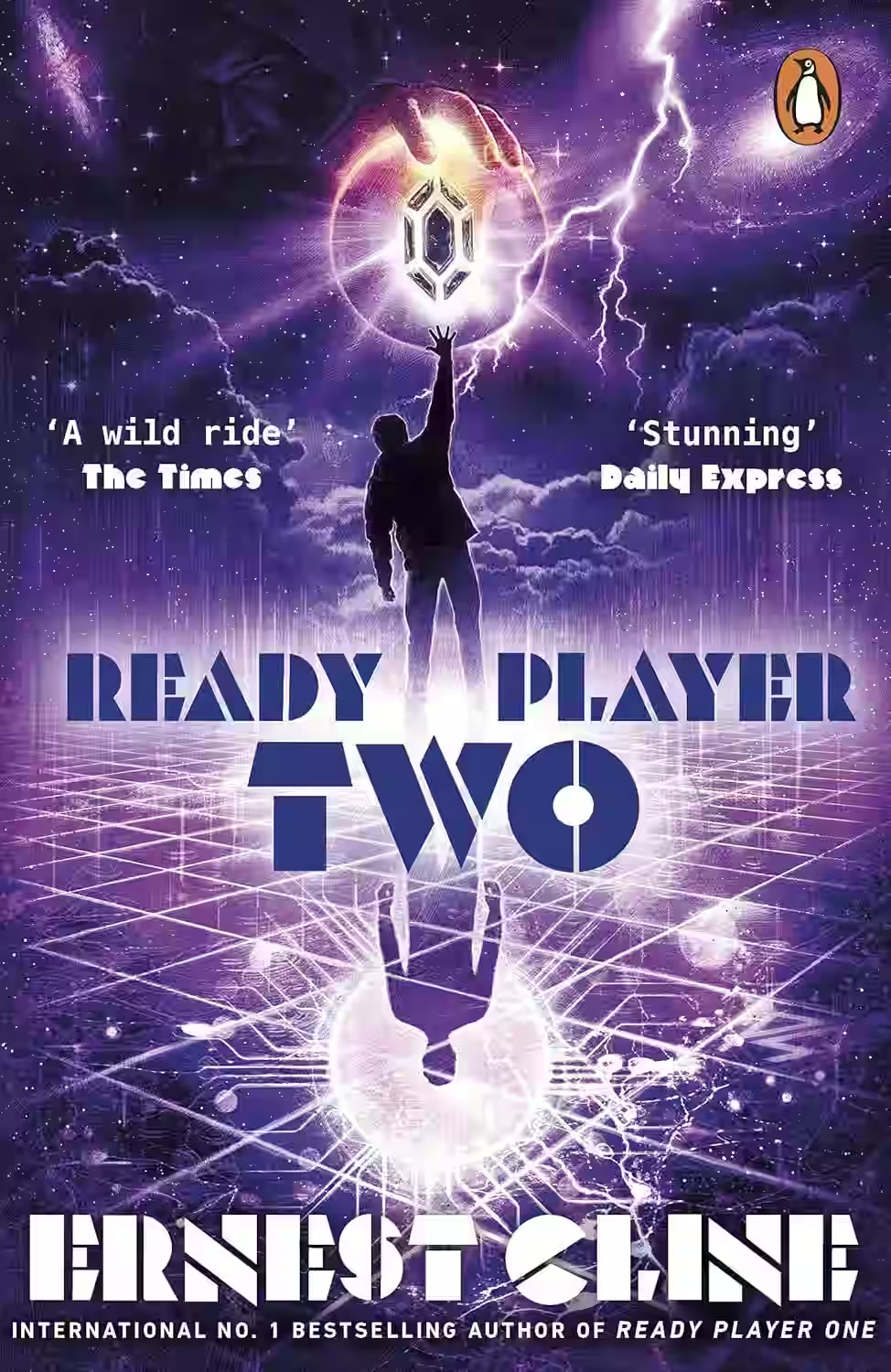
Ready Player Two
by Ernest Cline
Series: Ready Player One (#2)
In 'Ready Player Two', Ernest Cline returns to the vibrant and nostalgia-laden virtual world of the OASIS, launched in his earlier hit 'Ready Player One'. This sequel dives into a new adventure following protagonist Wade Watts as he discovers an enigmatic technology left by the brilliant James Halliday. With potential to revolutionize the digital realm, this new invention also poses unforeseen dangers that could affect the real world. The novel places a strong emphasis on themes of technology and ethics, exploring how they intersect with human experience and identity. While aiming to replicate the magic of its predecessor, 'Ready Player Two' sometimes struggles under the weight of expectations, yet it offers familiar pop culture references and thrilling quest elements that will appeal to fans of the original. The book delivers a mix of adventure, nostalgia, and contemplation of the digital age's impact on society.

Do Androids Dream of Electric Sheep?
Philip K. Dick's "Do Androids Dream of Electric Sheep?" is a seminal work of science fiction that delves into the complexities of identity, empathy, and the boundaries between human and machine. Set in a post-apocalyptic future where Earth is scarred by nuclear fallout, the novel follows Rick Deckard, a bounty hunter tasked with 'retiring' rogue androids. As Deckard navigates this desolate world, he grapples with his own understanding of humanity, morality, and the distinction between artificial and organic beings. The novel explores themes of existentialism and the quest for meaning in an increasingly dehumanized society. Its influence extends beyond literature, having inspired the iconic film adaptation "Blade Runner," and it remains a compelling exploration of consciousness and the human condition.
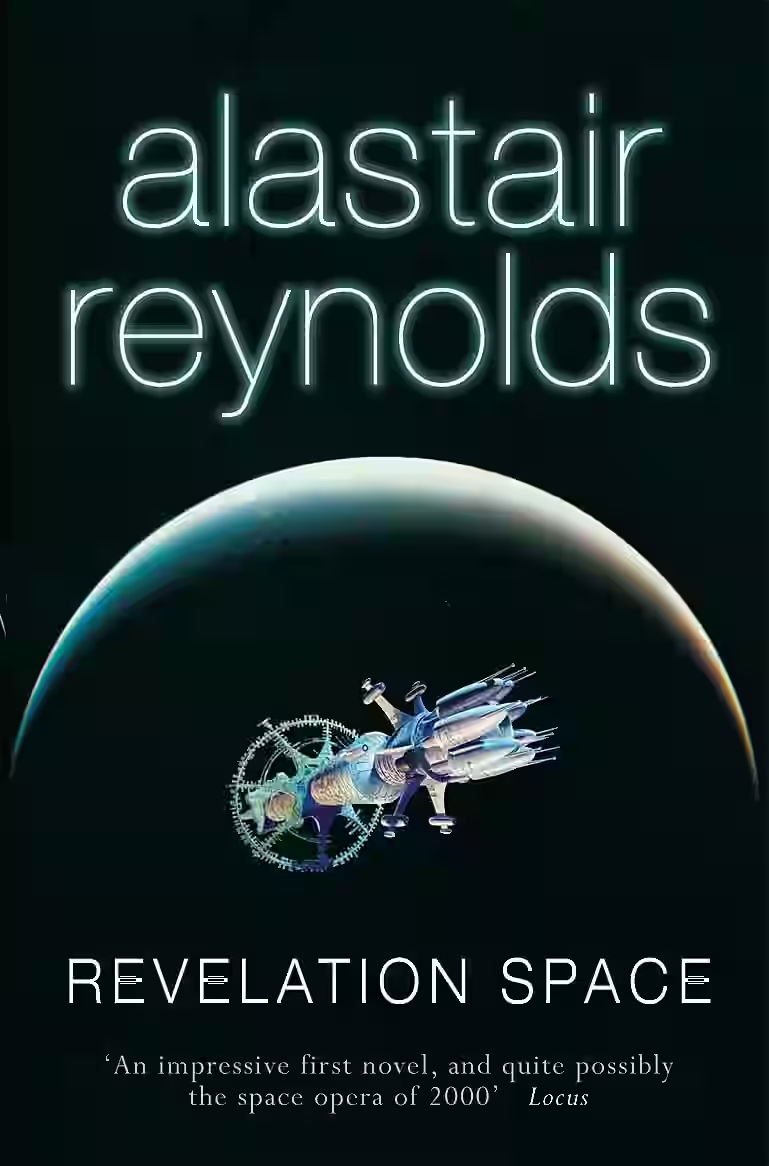
Revelation Space
In Alastair Reynolds' 'Revelation Space,' readers are thrust into a vast, intricate universe where humanity's destiny hangs in the balance amidst ancient mysteries and advanced technologies. The narrative weaves together multiple storylines, following characters embroiled in political intrigue, exploring the enigmatic machinations of the Inhibitors, and delving into the secrets of the mysterious alien artifact known as the Shroud. Reynolds masterfully blends hard science fiction with elements of cosmic horror, philosophical contemplation, and intricate world-building, inviting readers to ponder profound questions about identity, morality, and the nature of consciousness. 'Revelation Space' is a richly imagined and intellectually stimulating space opera that captivates with its grand scope and thought-provoking themes.
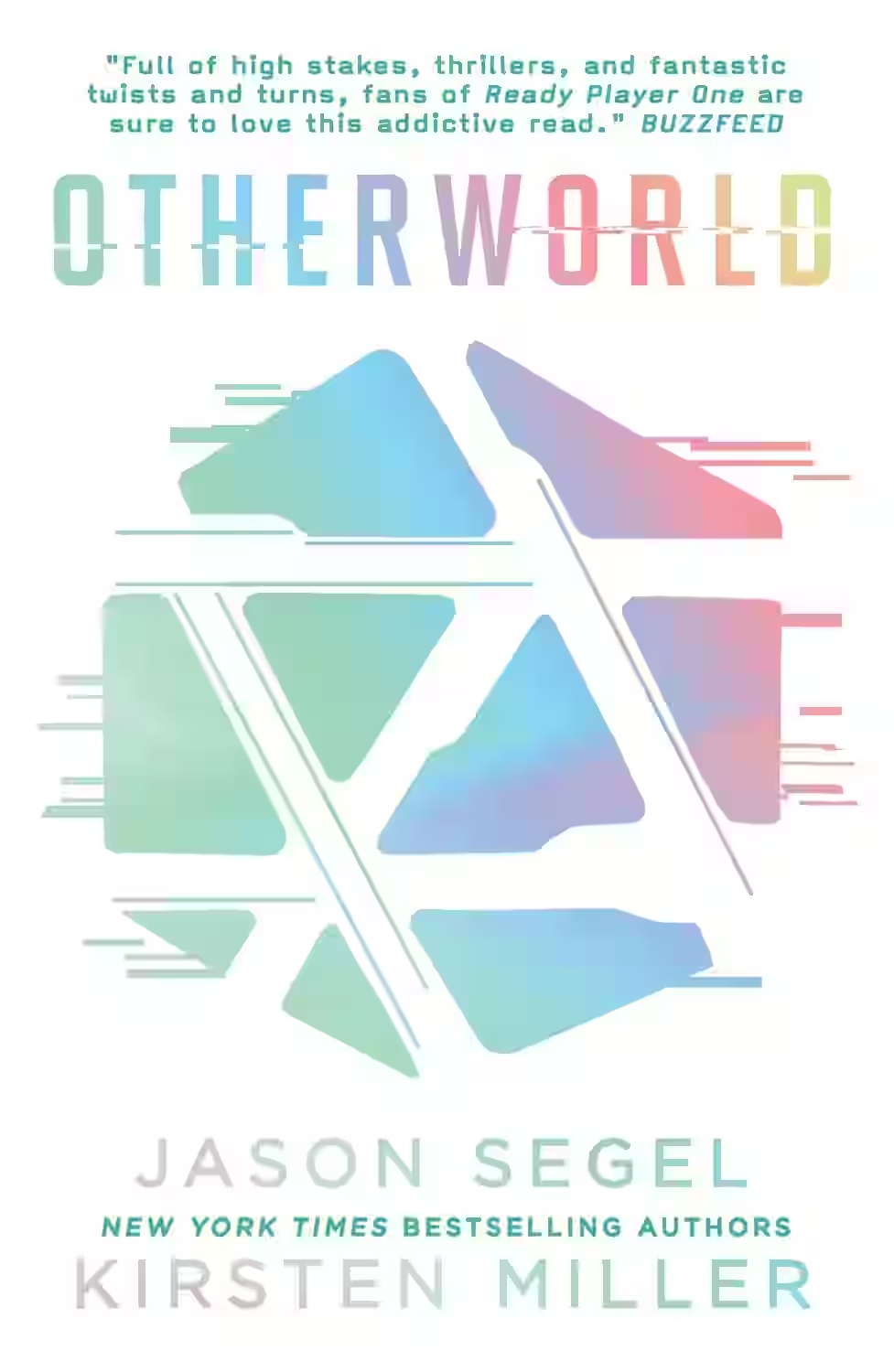
Otherworld
by Jason Segel, Kirsten Miller
Series: Last Reality (#1)
In 'Otherworld' by Jason Segel and Kirsten Miller, readers are plunged into a virtual universe where the boundaries between the digital and real worlds blur with unsettling consequences. The story follows Simon, a determined teenager whose quest to find his friend Kat leads him into the enigmatic digital landscape of Otherworld. With vividly imagined virtual environments and ethical dilemmas about the impact of technology on society, the book explores themes of friendship, loyalty, and the dark side of escapism. The fast-paced narrative and engaging characters keep readers on edge, while raising thought-provoking questions about the potential perils of immersive virtual experiences.
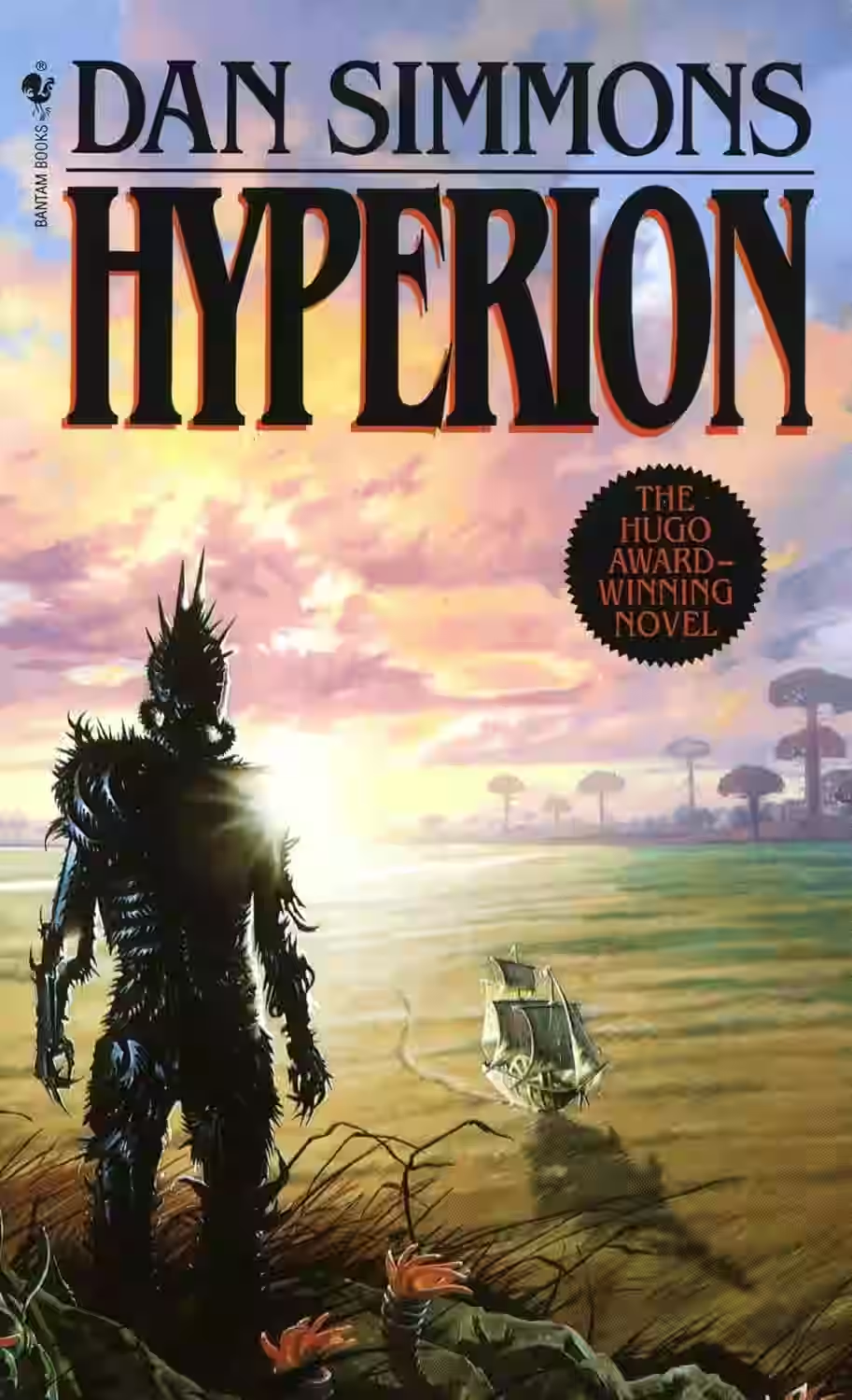
Hyperion
by Dan Simmons
Series: Hyperion Cantos (#1)
Dan Simmons' 'Hyperion' is a gripping science fiction masterpiece that weaves together elements of space opera, time travel, and philosophical inquiry. Set in a distant future where humanity has spread across the galaxy, the novel follows seven pilgrims on a harrowing journey to the enigmatic world of Hyperion, each with a tale to tell that adds layers to the rich tapestry of the narrative. As they navigate the perils of the Shrike, a terrifying entity lurking on Hyperion, they confront questions of identity, destiny, and the nature of consciousness. With its intricate world-building, complex characters, and thought-provoking exploration of existential themes, 'Hyperion' is a must-read for fans of cerebral science fiction.
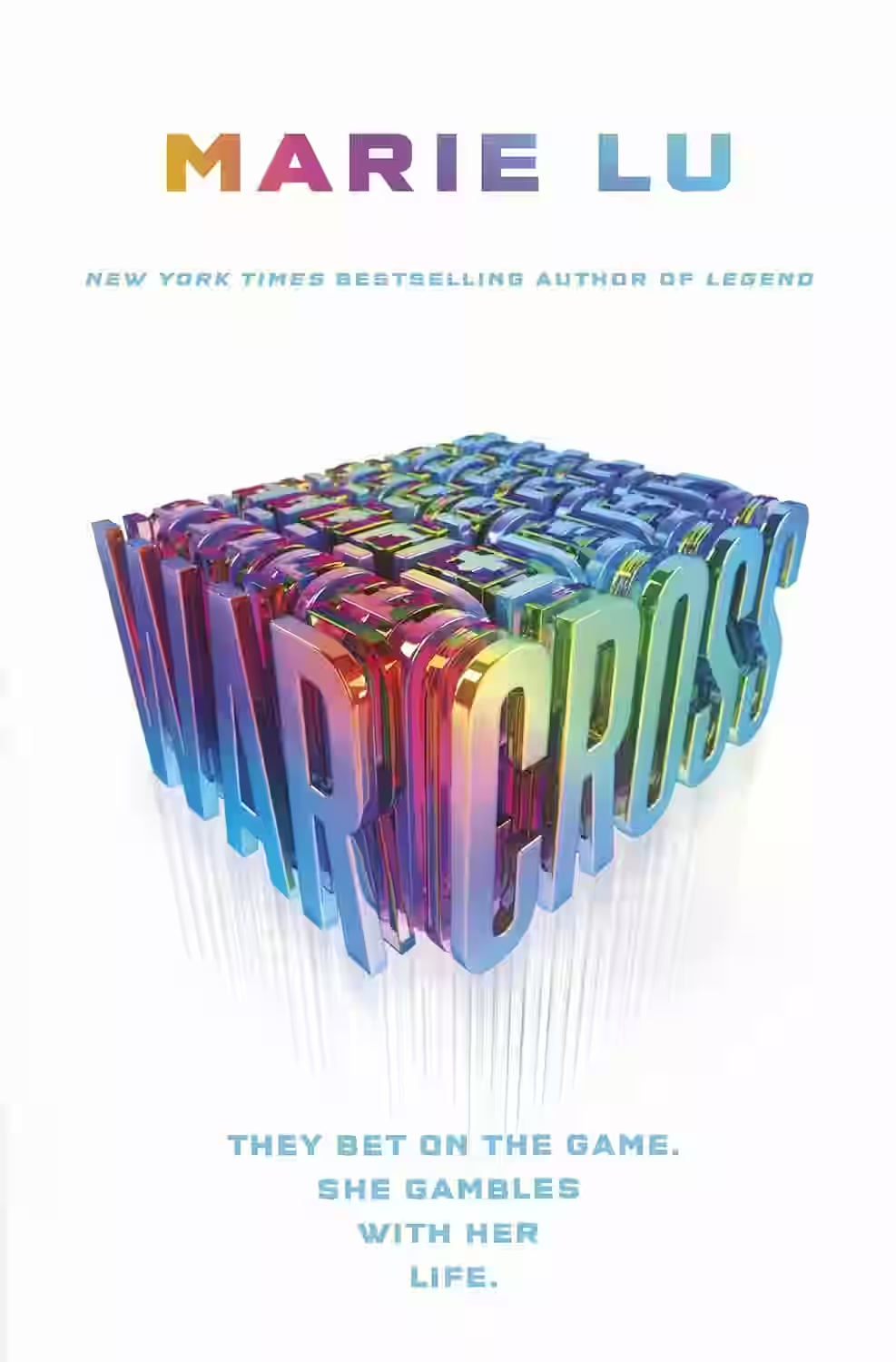
Warcross
by Marie Lu
Series: Warcross (#1)
Warcross by Marie Lu is a thrilling dive into the near-future world where virtual reality seamlessly blends with everyday life. The book follows the journey of Emika Chen, a young hacker and bounty hunter, who inadvertently glitches herself into the highly competitive Warcross Championships. Her actions draw the attention of the enigmatic creator of Warcross, Hideo Tanaka, who draws her into a more dangerous game within the digital realm. The narrative explores themes of reality versus illusion, the ethical dimensions of technology, and the quest for justice in a digitized world. Lu's deft storytelling, combined with a vividly imagined setting, offers readers an exciting exploration of the implications of advanced technology on privacy and identity. The fast-paced plot, complex characters, and underlying social commentary make Warcross a compelling read for both young adults and tech enthusiasts.
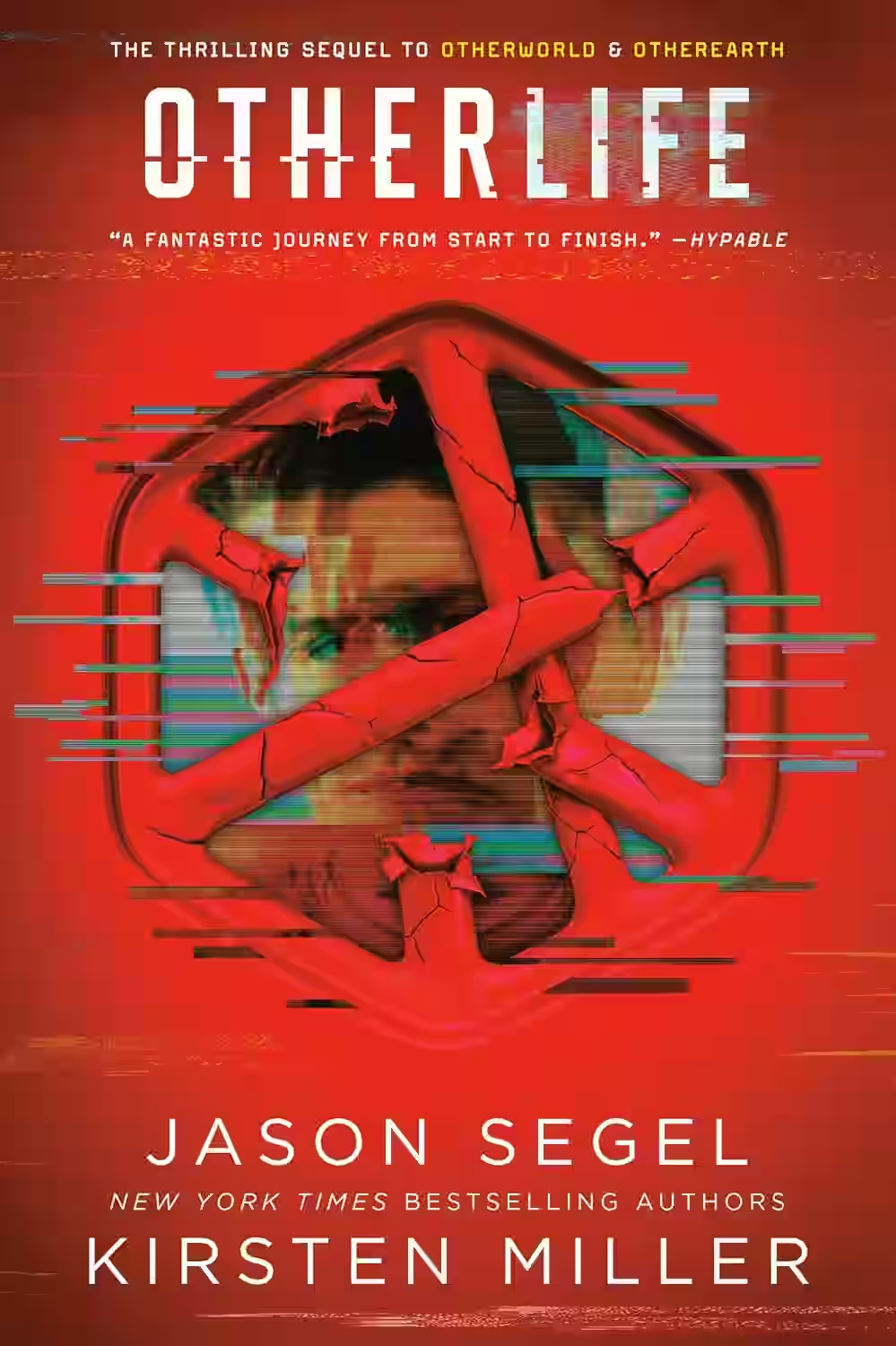
Otherlife
by Jason Segel, Kirsten Miller
Series: Last Reality (#3)
In 'Otherlife,' Jason Segel weaves a captivating narrative that draws readers into a world where the boundaries between virtual and reality become intriguingly blurred. This novel, the thrilling conclusion to the Last Reality series, follows Simon, a teenager embroiled in the captivating and sinister technology of Otherlife. As Simon grapples with the repercussions of a virtual society, he must confront ethical dilemmas, personal loss, and the thirst for truth. Segel's depiction of friendship, loyalty, and the quest for identity amid an ever-changing digital landscape resonates deeply, making 'Otherlife' both an exhilarating ride and a cautionary tale about the insidious allure of virtual escapism.
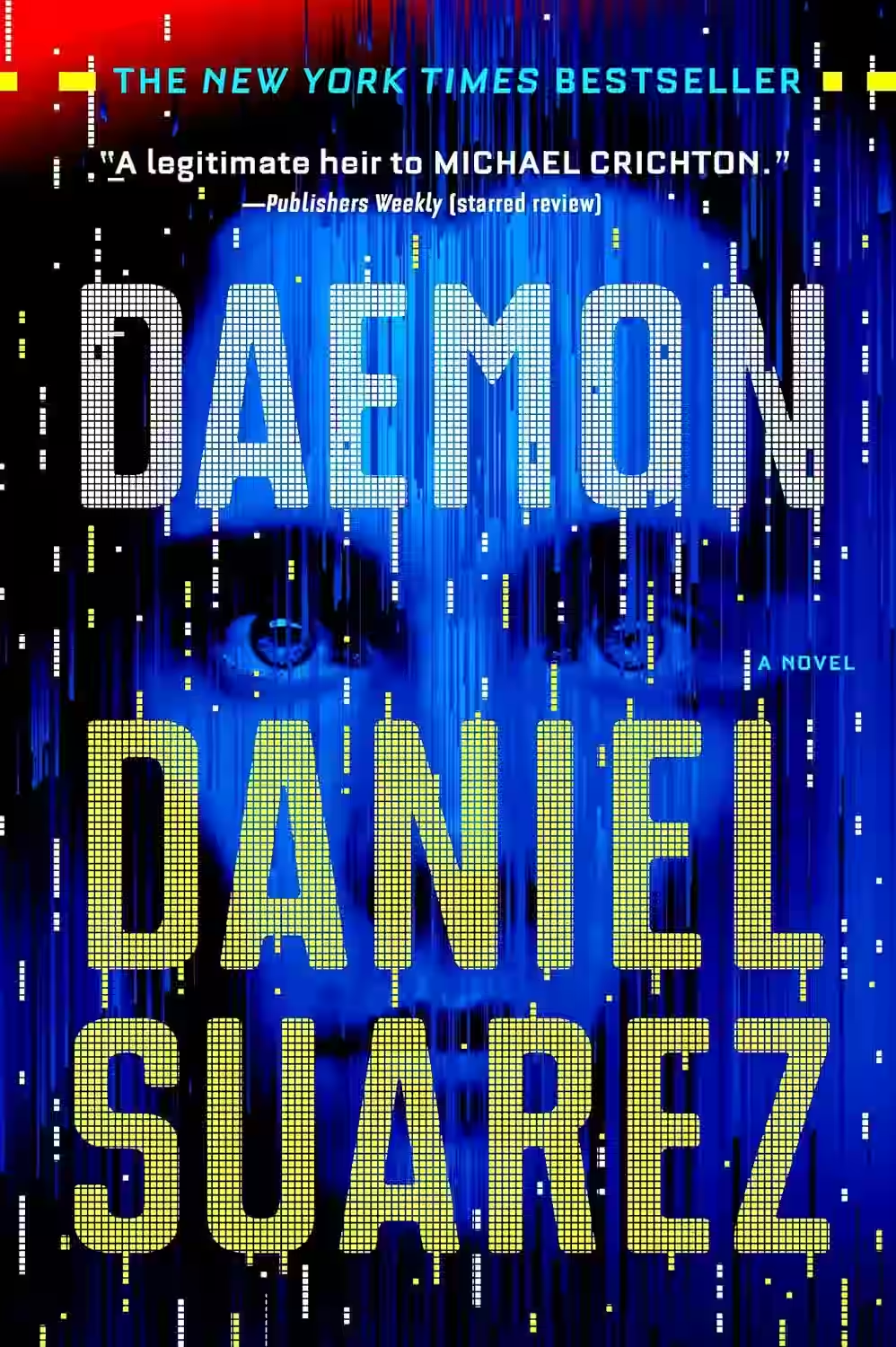
Daemon
Series: Daemon (#1)
In "Daemon," Daniel Suarez crafts a high-octane techno-thriller that delves into the fast-paced world where computer code has lethal consequences. The story begins with the mysterious death of a wealthy and reclusive gaming pioneer, Matthew Sobol, setting off a series of unforeseen and devastating events dictated by a rogue program designed to fulfill its creator's dark legacy. As the Daemon autonomously executes Sobol’s final plans, it weaves a complex web that stretches across global networks, implicating police, hackers, and corporate moguls alike. Suarez skillfully combines elements of cyber espionage, AI, and social engineering to explore themes of power, control, and human dependency on technology. "Daemon" is a gripping narrative that keeps readers on edge while provoking thought about the unchecked growth of digital systems in our lives.
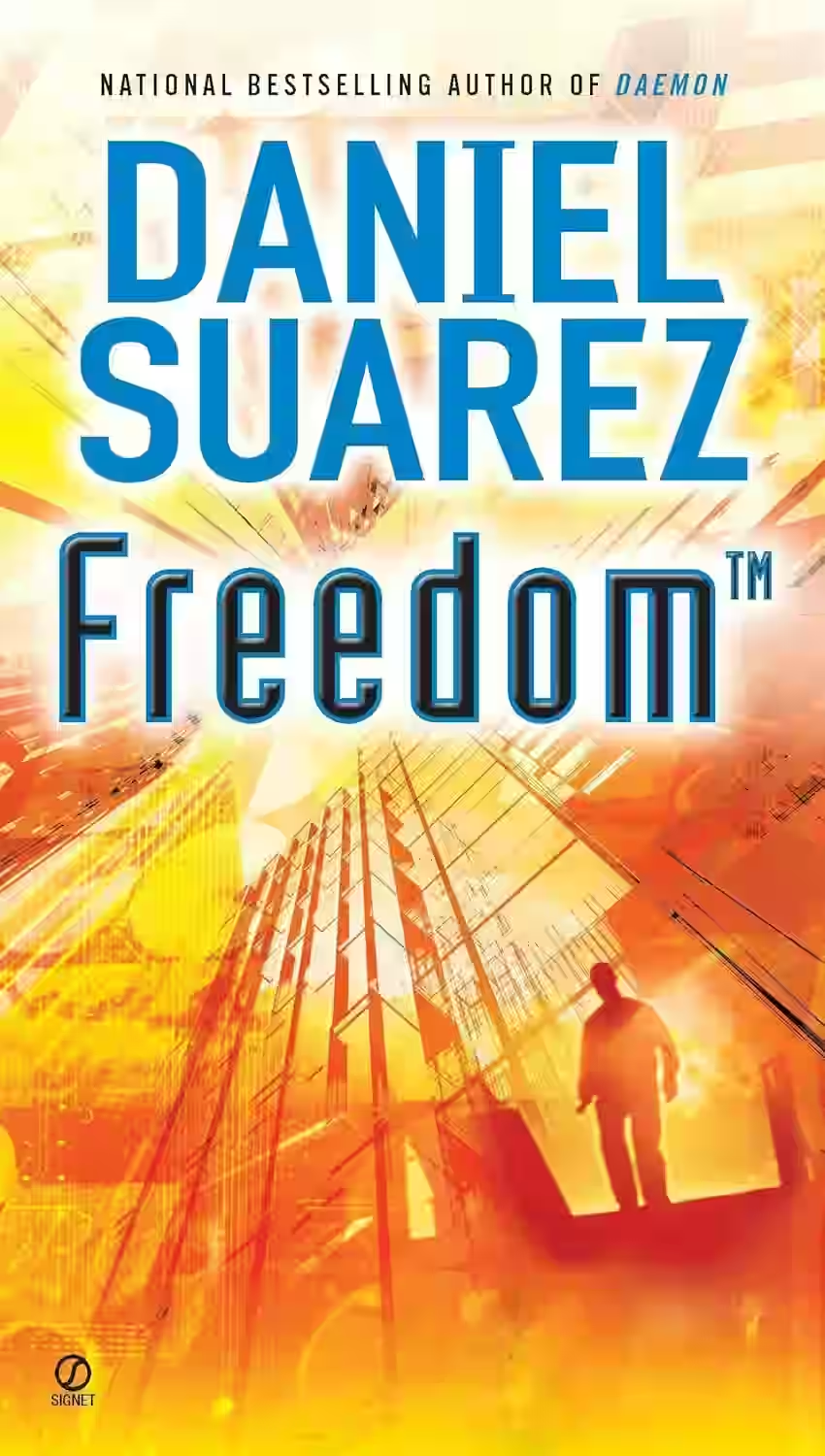
Freedom (TM)
Series: Daemon (#2)
"Freedom (TM)" by Daniel Suarez is a gripping techno-thriller that picks up where its predecessor, "Daemon," left off. The novel delves into themes of control, societal structures, and technological autonomy as it explores the complexities of an advanced AI system known as the Daemon. Laying down a narrative interwoven with cyber warfare, political intrigue, and questions of economic inequality, Suarez crafts a story that is as thought-provoking as it is action-packed. Characters on various sides of the conflict — hackers, corporate moguls, and rebels — navigate a digital future that challenges the nature of freedom and privacy. With its intricate plotting and a keen eye on future technological prospects, "Freedom (TM)" immerses readers in a vivid exploration of humanity's potential path forward.

For the Win
Cory Doctorow's 'For the Win' is a riveting exploration of the intersection between economics, technology, and global labor rights. Set in a near-futuristic world, the novel delves into the lives of gamers across the globe who engage in virtual economies, highlighting their struggle for fair labor practices. As characters from the United States, India, and China unite to form a virtual union, Doctorow skillfully illustrates the potential impact of digital and real-world activism. The story is a thought-provoking commentary on globalization and the power dynamics of economies, all wrapped in an engaging narrative filled with tension and optimism. 'For the Win' pushes readers to consider the implications of our increasingly interconnected economies and the role technology plays in shaping societal structures.
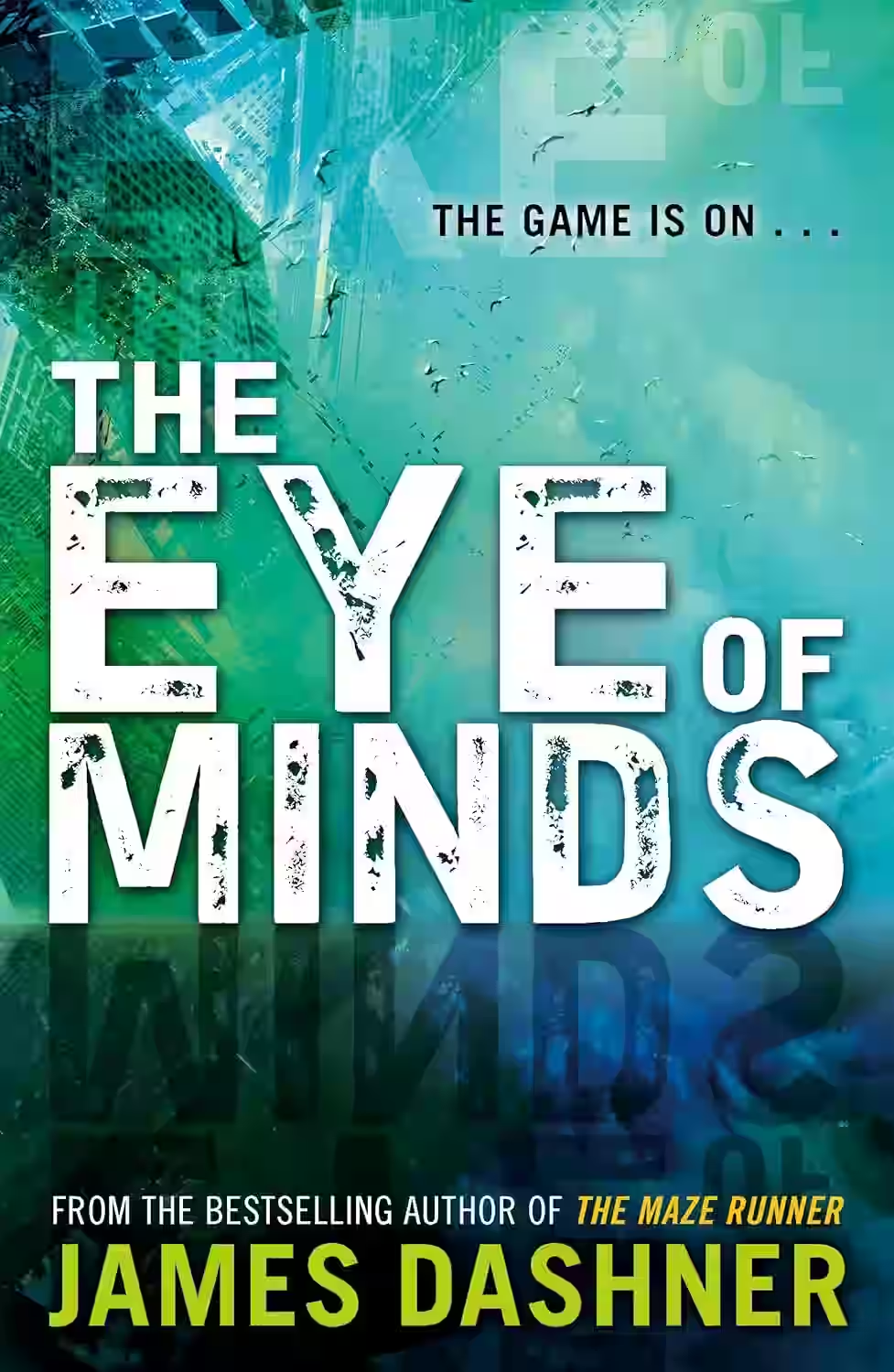
The Eye of Minds
Series: Mortality Doctrine (#1)
In "The Eye of Minds," James Dashner explores a technologically advanced future where virtual reality dominates everyday life. The story follows Michael, a skilled gamer, who spends more time in the VirtNet than in the real world. When a sinister hacker named Kaine begins trapping users in the virtual reality, Michael is recruited by the VirtNet Security to track him down. The novel delves into themes of technology, identity, and the blurred lines between reality and artificial worlds. Dashner crafts an intense narrative with suspenseful twists, engaging readers who appreciate dystopian and cyber-themed adventures. However, while the plot is gripping, some readers may find character development and depth lacking compared to the fast-paced action.